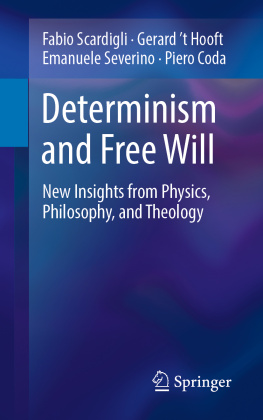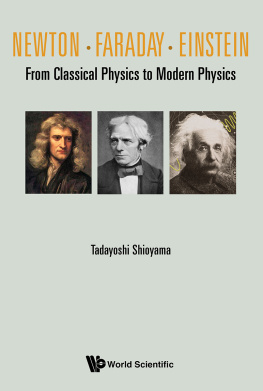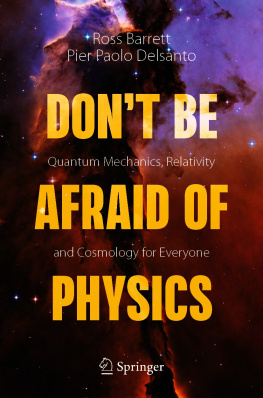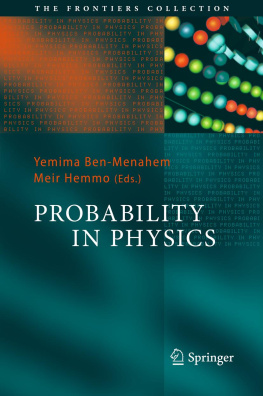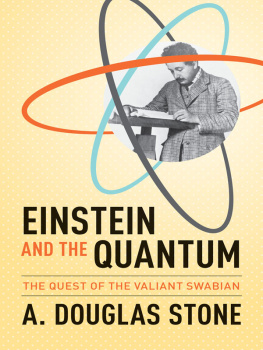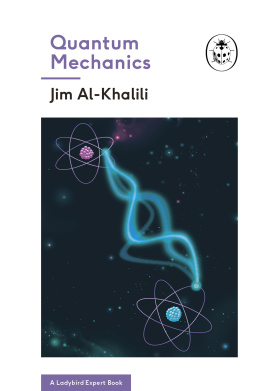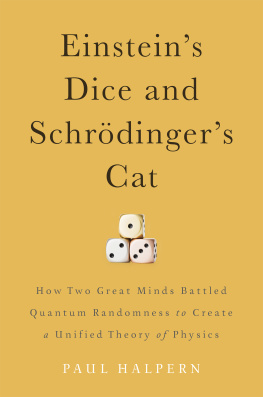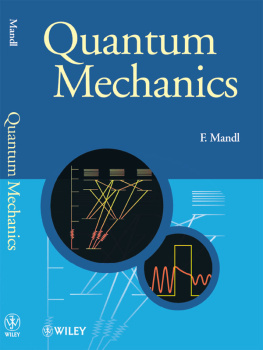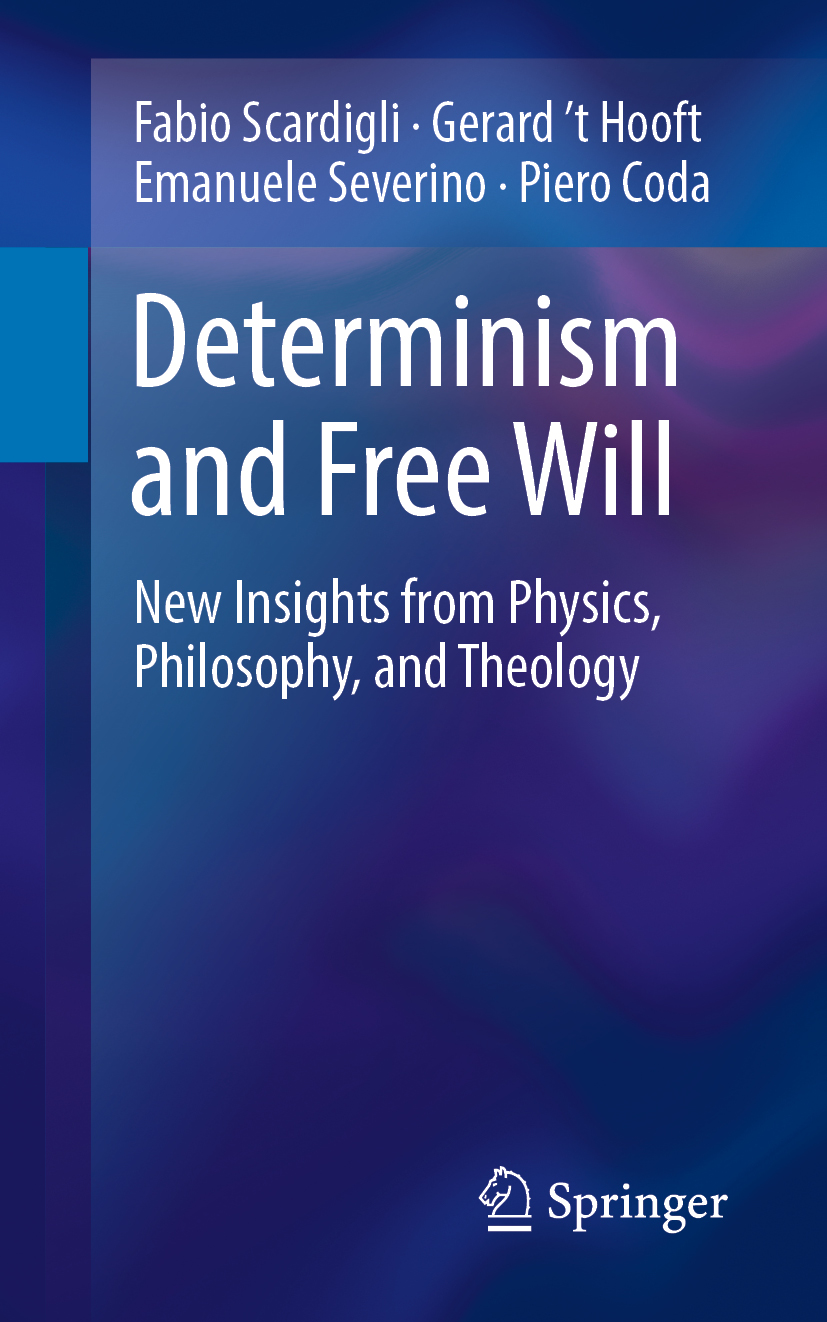Fabio Scardigli - Determinism and Free Will: New Insights from Physics, Philosophy, and Theology
Here you can read online Fabio Scardigli - Determinism and Free Will: New Insights from Physics, Philosophy, and Theology full text of the book (entire story) in english for free. Download pdf and epub, get meaning, cover and reviews about this ebook. year: 2019, publisher: Springer, genre: Romance novel. Description of the work, (preface) as well as reviews are available. Best literature library LitArk.com created for fans of good reading and offers a wide selection of genres:
Romance novel
Science fiction
Adventure
Detective
Science
History
Home and family
Prose
Art
Politics
Computer
Non-fiction
Religion
Business
Children
Humor
Choose a favorite category and find really read worthwhile books. Enjoy immersion in the world of imagination, feel the emotions of the characters or learn something new for yourself, make an fascinating discovery.
- Book:Determinism and Free Will: New Insights from Physics, Philosophy, and Theology
- Author:
- Publisher:Springer
- Genre:
- Year:2019
- Rating:4 / 5
- Favourites:Add to favourites
- Your mark:
Determinism and Free Will: New Insights from Physics, Philosophy, and Theology: summary, description and annotation
We offer to read an annotation, description, summary or preface (depends on what the author of the book "Determinism and Free Will: New Insights from Physics, Philosophy, and Theology" wrote himself). If you haven't found the necessary information about the book — write in the comments, we will try to find it.
In this small book, theoretical physicist Gerard t Hooft (Nobel prize 1999), philosopher Emanuele Severino (Lincei Academician), and theologian Piero Coda (Pontifical Lateran University) confront one another on a topic that lies at the roots of quantum mechanics and at the origin of Western thought: Determinism and Free Will. God does not play dice said Einstein, a tenacious determinist. Quantum Mechanics and its clash with General Relativity have reanimated ancient dilemmas about chance and necessity: Is Nature deterministic? Is Man free? The free-will theorem by Conway and Kochen, and the deterministic interpretation of quantum mechanics proposed by t Hooft, revive such philosophical questions in modern Physics. Is Becoming real? Is the Elementary Event a product of the Case? The cyclopean clash between Heraclitus and Parmenides has entered a new episode, as evidenced by the essays in this volume.
Fabio Scardigli: author's other books
Who wrote Determinism and Free Will: New Insights from Physics, Philosophy, and Theology? Find out the surname, the name of the author of the book and a list of all author's works by series.

